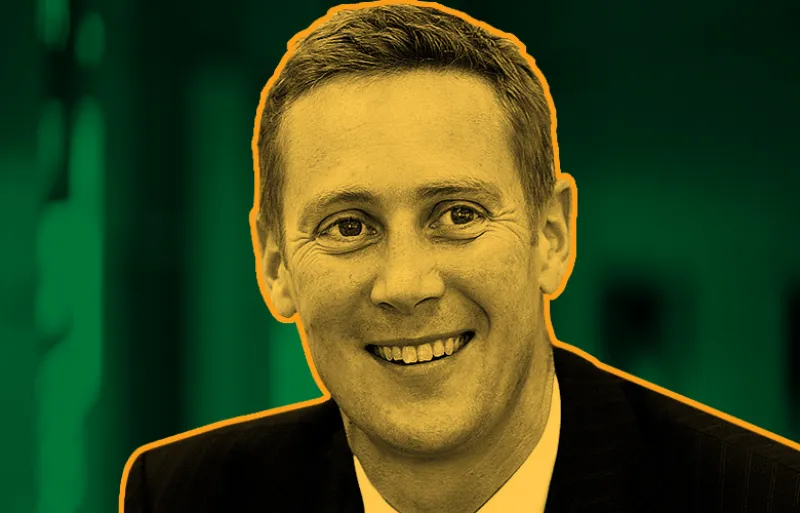Fund managers are urging asset owners to improve how they assess portfolio companies’ green credentials, amid concerns that some investors have misjudged the risks.
While European pension funds and sovereign wealth funds have been increasingly vocal about their desire to cut their exposure to companies producing the highest levels of greenhouse gases, a singular focus on carbon output could be misleading.
Pascal Dudle, head of global trend Investing at Vontobel Asset Management, said the increased appetite of European asset owners for portfolio holdings with environmentally-friendly credentials has resulted in some fund firms making such basic assessments.
“CO2 output is just one metric,” he said. “It is the easiest calculation that you can do.”
In January, U.K. trade unions urged government pension funds to cut their holdings from companies that profit from carbon emissions, while Reuters reported that Norway’s $1 trillion sovereign wealth fund had started a similar rationalization of holdings.
Dudle said that a better measure is to look at what he describes as “solution-oriented carbon reporting,” which looks at how the products or services of innovative companies can reduce carbon, relative to current alternatives.
“This approach takes quite a lot of work,” he explained. “You have to go down to product level and you can only show this if you put a quantitative framework in place.”
Last year, some of the world’s largest fund managers, including BlackRock and Vanguard, voted together to influence the environmental policies of Exxon and Chevron. The move was a reaction to increased demand from investors for clarity on corporate climate change policies.
[II Deep Dive: Meet the New Activists]
“There is increasing evidence that asset owners are wanting to try to quantify climate change risk,” said Ian Simm, chief executive of Impax Asset Management. “Carbon footprinting has been the default up to now, but we have been quite vocal that we don’t think that’s the right approach.”
In an interview with Institutional Investor, Simm stressed that there are issues with carbon footprint assessments because there is no universally accepted definition as to what components make up a carbon footprint. He also underscored that carbon footprinting doesn’t take into account a firm’s future plans, which are normally what a company’s share price is based on.
Finally, Simm said that a full environmental assessment needs to include consideration of whether companies can cope with the cost of future regulatory changes by passing on these costs to their customers.
“Starting off with a hard-headed view as to what is going to be affected and what is not is a good starting point,” he said. “Asset owners should look at ‘pricing power,’ as to where the most vulnerable industries are likely to be.”







